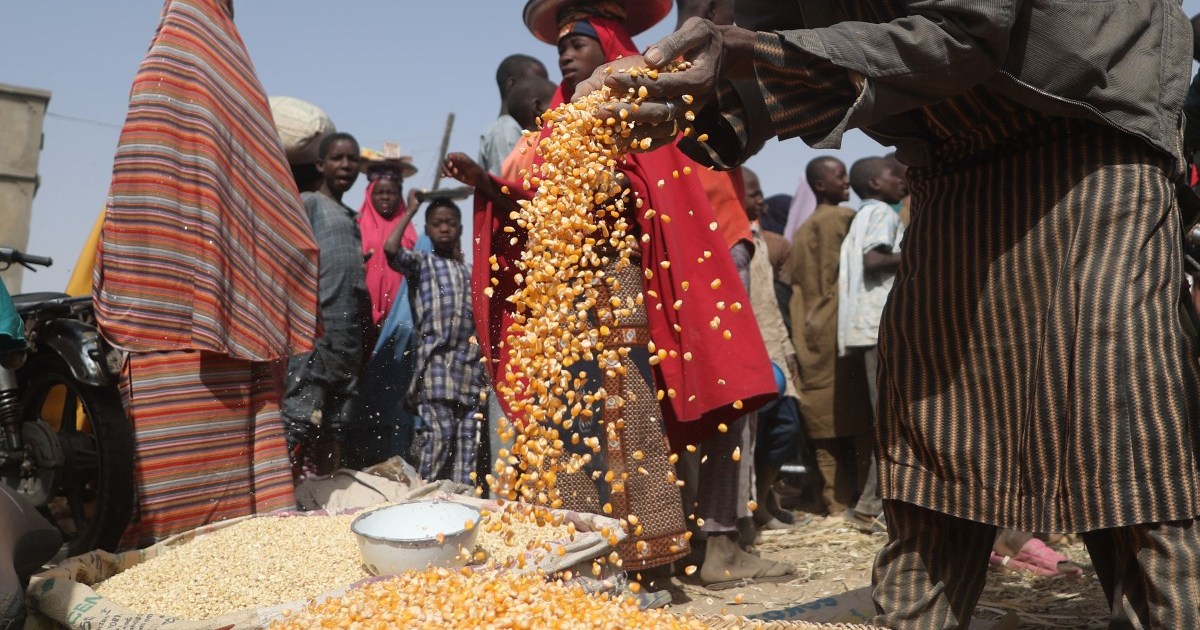Two decades after the end of its deadly civil war, Sierra Leone is once again teetering on the precipice of conflict.
On November 26, gunmen attacked a military barracks and a prison in the capital, Freetown, killing at least 20 people, including 13 soldiers, and leading the authorities to declare a nationwide curfew. In an apparent attempt to downplay the severity of the threat facing the country, the government initially said the incident was just a “breach of security”. It now says it was a “failed coup attempt” which intended to “illegally subvert and overthrow a democratically elected government”.
This raises much concern in a region where progress toward democracy seems to be offset by a wave of coups – four countries in West Africa are now under military rulers who took power through coups, and apparently have no immediate plans of returning their countries to civilian rule.
The armed attack on November 26 was the second “coup attempt” Sierra Leone witnessed in the five months since the contentious June 2023 presidential election in which President Bio narrowly avoided a run-off. In August 2023, the government had arrested several individuals, including soldiers and civilians, and accused them of planning to stage a coup.
It is unclear whether the two “attempted coups” or earlier violent incidents, such as the antigovernment riots in Freetown in August 2022, which claimed over 25 lives, are in any way connected. Either way, the undeniable uptick in violence in the past few months and years reflects Sierra Leone’s persistent fragility after investing in peace and state-building projects for two decades.
Especially since the 2023 elections, the state has been showing signs of deepening fragility. The main opposition All People’s Congress (APC) party’s boycott of the government (and their seats in parliament) on the grounds that the 2023 presidential elections were “rigged” have stalled the normal functioning of government and undermined President Julius Maada Bio’s legitimacy.
The two sides eventually signed an “Agreement for National Unity” under which the APC agreed to take up their seats in parliament, yet this did not fully resolve the situation, particularly as some in the APC continued to voice their dissatisfaction with the terms of the deal.
This political impasse, worsened by a biting cost of living crisis and declining living standards, likely helped create the space for dissidents to explore opportunities for unseating the government.
No organised political group has claimed responsibility for or been linked to the attack on November 26, or the alleged coup plot in August, but both incidents occurred in the context of myriad unsettled political grievances related to the June 2023 presidential election and were born of the country’s deeply polarised, partisan politics.
Despite having established sound legal frameworks to support inclusive democracy, the practice of politics in Sierra Leone is a winner-takes-all affair, and partisan affiliation has yet to transcend the ethno-regional divisions that emerged in the political contest to replace the British colonial administration following independence in 1961. Simply put, rather than representing platforms for the articulation of shared visions and policies, the two leading parties – the governing Sierra Leone People’s Party (SLPP) and the opposition APC – largely represent platforms for the political expression of shared ethnicity.
This division is frequently reflected in election results, the controversies surrounding population censuses, government appointment and civil servant recruitment, and promotion mechanisms. Although power has been transferred twice (2007 and 2018) from one party to another, losing an election in Sierra Leone is not easily accepted as part of a healthy democratic competition. It also represents risks to jobs and livelihood, diminished access to opportunities, and marginalisation of one’s ethnic group in public life.
This explains why elections in Sierra Leone are fiercely contested. The recent 2023 elections brought this out more poignantly, challenging notions that Sierra Leone is a pluralistic democracy. Neither the SLPP nor the APC could freely campaign in the traditional heartlands of the other. For ordinary Sierra Leoneans concerned about key issues of governance and service delivery as a basis for political participation, supporting a political party that is not dominant among their kinsmen puts them at risk of being labelled as traitors.
President Bio’s new cabinet includes relatively younger politicians and technocrats from both regions. The inclusion of these young technocrats, from ethnic groups that hail from both the north and the south of the country, in the cabinet is likely a decision taken in response to the controversy surrounding the president’s re-election. Yet this did not prove sufficient to placate the political cabals on either side. The appointments created an upset in Bio’s own SLPP as senior grandees with deep connections to the party’s support base lost their cabinet jobs to relatively unknown young technocrats. Similarly, the APC leaders do not accept the appointment of young northerners to the cabinet as a move toward political inclusion; rather, they perceive those appointments as manoeuvres by Bio to co-opt members of their support base. Bio, thus, is faced with the serious task of maintaining elite stability, in addition to the regular task of governing and delivering services for everyday Sierra Leoneans.
The APC’s recent decision to accept the government’s legitimacy coupled with the news of the formation of a cross-party electoral reform committee signals Sierra Leone is finally on the path towards political stability, yet the “coup attempts” and “security breaches” experienced since the June election demonstrate that – without deeper political reforms and social cohesion – security threats stemming from persistent fragility and extreme political polarisation are likely to linger for a while longer.
The views expressed in this article are the author’s own and do not necessarily reflect Al Jazeera’s editorial stance.

